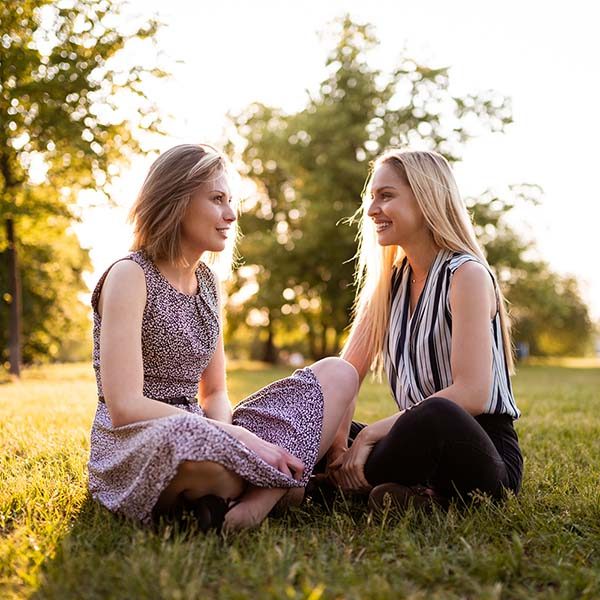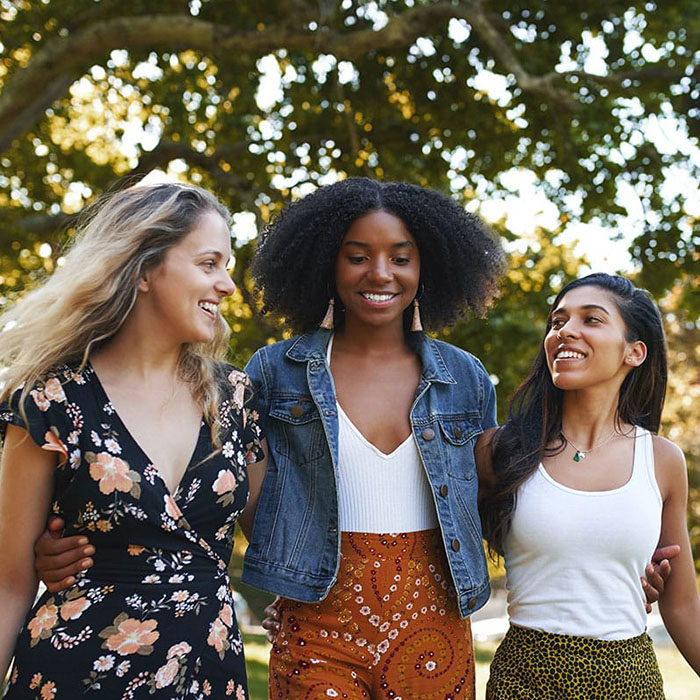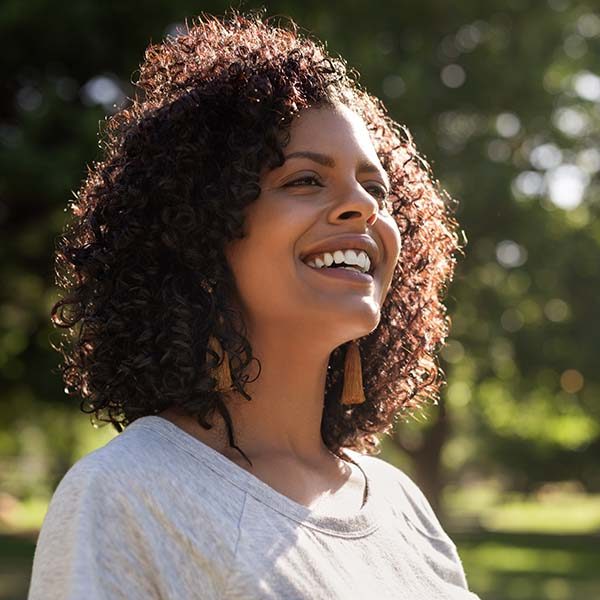 Our men’s and women’s residential rehab programs at The Arbor provide safety, support, and hope to the people who need them most. Treatment begins the moment you arrive on our 67-acre campus. While it might not look like any Texas luxury drug rehab you’ve seen or imagined, our Texas hill country ranch offers clinical addiction treatment to encourage healing, renewal, and community.
Our men’s and women’s residential rehab programs at The Arbor provide safety, support, and hope to the people who need them most. Treatment begins the moment you arrive on our 67-acre campus. While it might not look like any Texas luxury drug rehab you’ve seen or imagined, our Texas hill country ranch offers clinical addiction treatment to encourage healing, renewal, and community.
Our commitment to addiction recovery starts with our founders, who have more than 80 years of collective experience in the recovery community. Each member of our dedicated staff makes it their personal mission to help people find their way and move forward. If someone in your life is not meeting their potential due to a dependence on harmful drugs or alcohol, contact The Arbor by calling 844.413.2690 or apply for admission to get started right away.
Residential Rehabilitation
The Arbor’s residential addiction treatment program offers people the tools they need to live healthier, more fulfilling lives. What sets our treatment center apart is treating not only the individual but the whole family system. Whether these substances are doctor-prescribed or self-prescribed, our addiction treatment team offers psychological therapy, 12-step-informed programs that promote healing.


Austin Sober Living
Individuals who come to The Arbor are not just looking to get sober for a short time; they are looking for a permanent life change and lasting results. Before transitioning into post-treatment daily life, our sober living homes provide freedom, structure, community, and support for people who have recently completed rehab.
Outpatient Addiction Treatment
After completing treatment in our Austin residential rehab, our IOP adds a layer of stability in recovery. Whether you are living at home or in sober living, we find that people are more likely to stay in recovery if they attend outpatient addiction treatment after graduating. Our intensive outpatient program helps people stay connected, accountable, and focused on recovery.

Addiction Recovery Programs
Your recovery, health, and wellness are of utmost importance to our team at The Arbor. Recovery is a journey that is traveled for a lifetime. Our continuum of care provides a wide range of alcohol and drug abuse treatment programs with customized options unique to each person’s needs. At The Arbor, our goal is long-term rehabilitation for people whose lives have been turned upside down by addiction, trauma, and co-occurring mental health concerns. Whether you are in a therapy appointment, attending classes, or sitting by the pool, we are committed to providing avenues for healing that you won’t find in every Texas drug rehab. Join us in the following programs:
- Gender-specific addiction programs
- Extended care addiction treatment
- Relapse prevention programs
- 12-step meetings
- Yoga classes
- Mindfulness meditation
The Arbor Behavioral Healthcare’s clinical and medical staff designs all program levels and individual treatment plans. This staff oversees all levels of care, providing a continuity of information throughout transitions from one program to the next. This collaborative approach enables treatment providers to serve clients effectively. Our programs use both evidence-based and cutting-edge therapies that support long-term sobriety and wellness. Our programs are designed to inspire and empower individuals to move toward a life of freedom and independence.
The Rehab Austin Relies Upon
At The Arbor Behavioral Healthcare, we feature evidence-based, traditional, and cutting-edge treatment modalities to guide participants along their paths. Comprehensive treatment plans are developed for each client, including a personalized fitness and nutrition program to promote physical restoration. Our family counseling program is tailored to reinforce healthy family systems. Individualized continuing care plans address the authentic needs of each client as they navigate the continuum of care of addiction and recovery. Staff and clients work together to integrate the individual back into the community and independent living. Contact our luxury Texas rehab today by calling 844.413.2690 to determine if treatment at The Arbor is right for you or a loved one.
